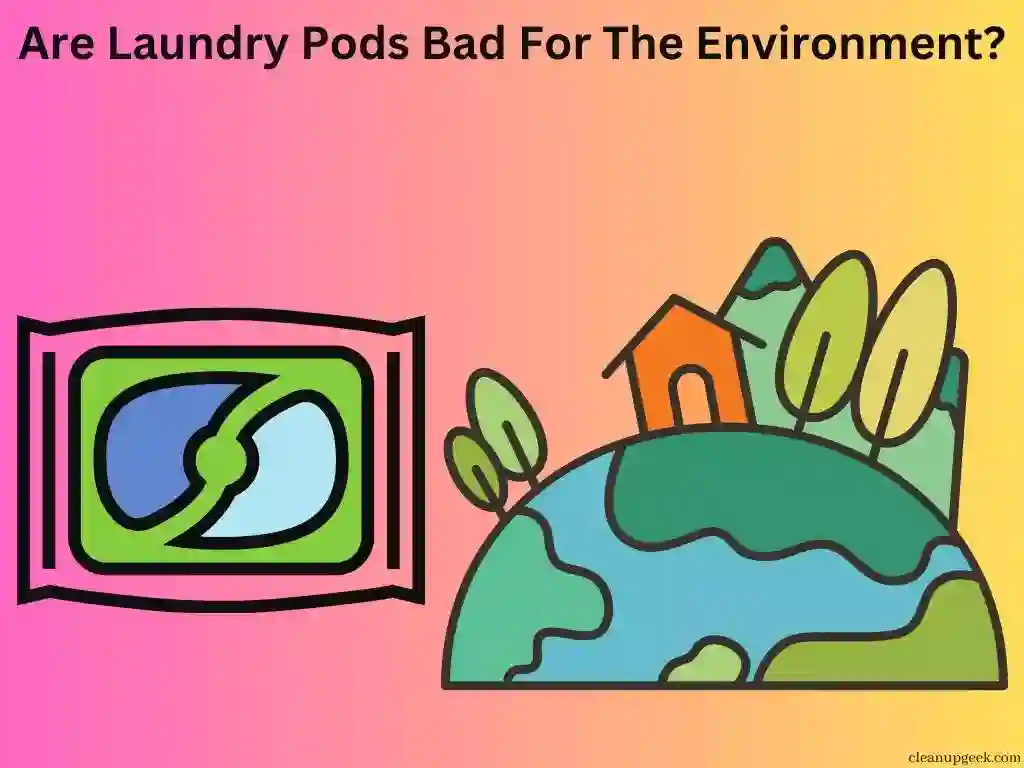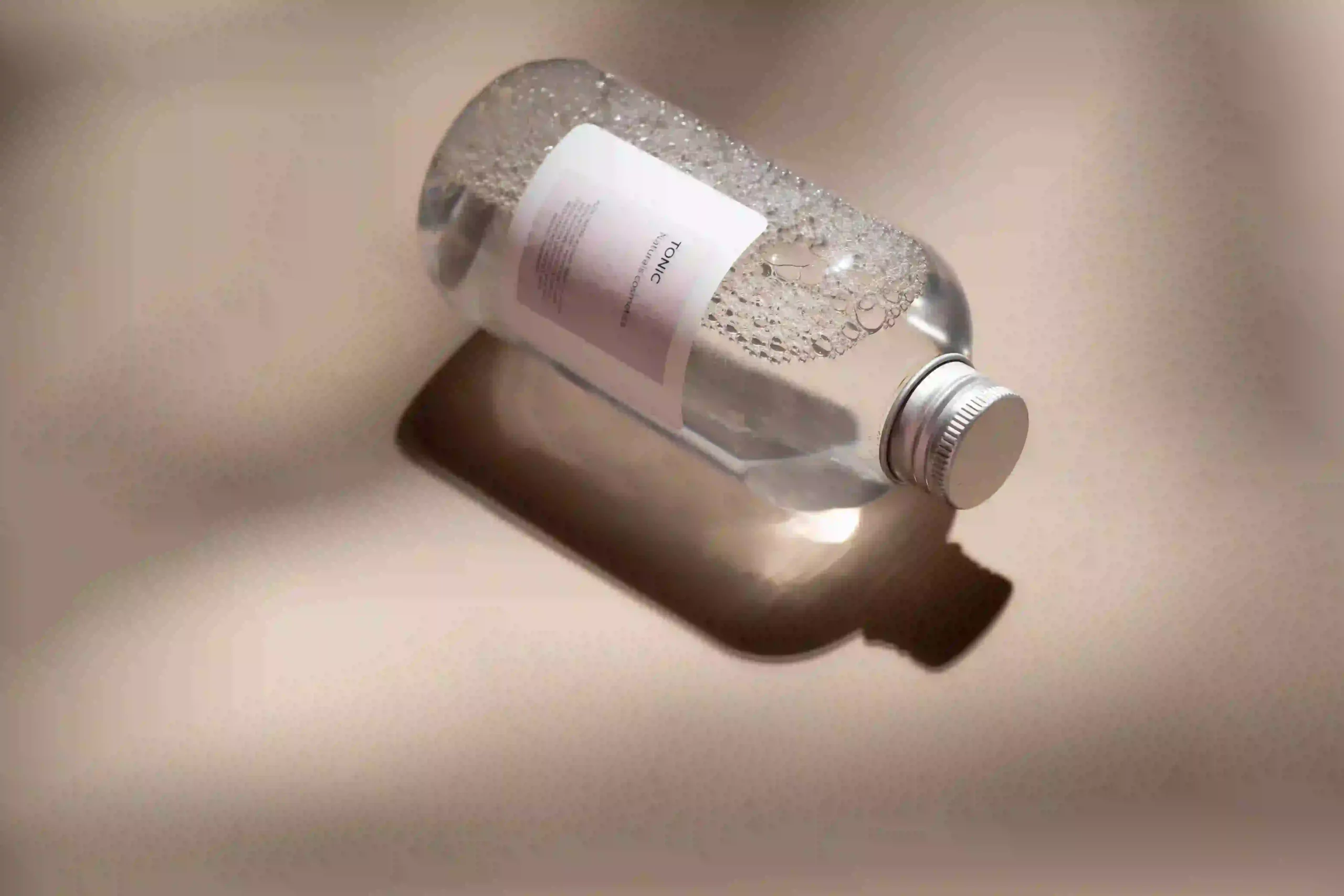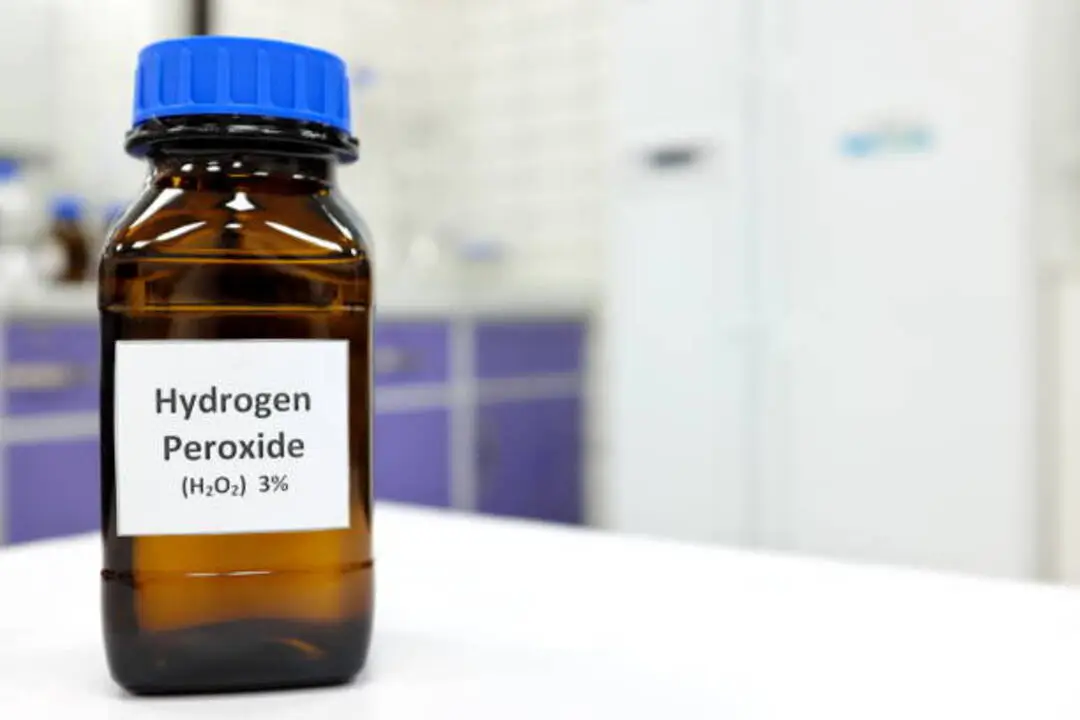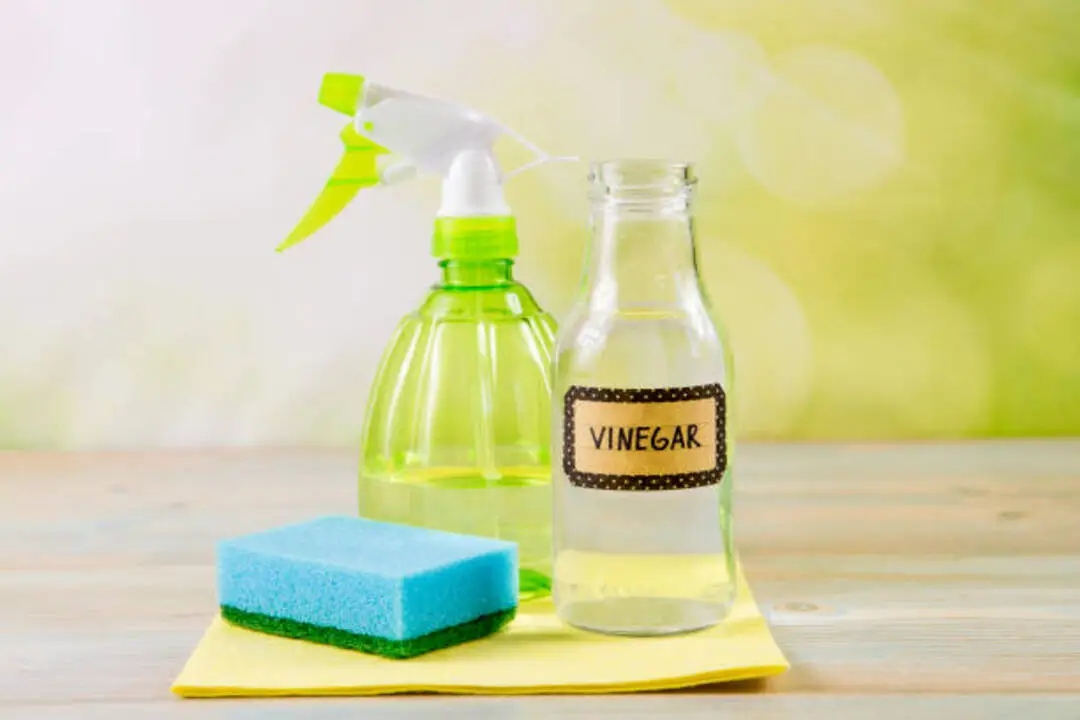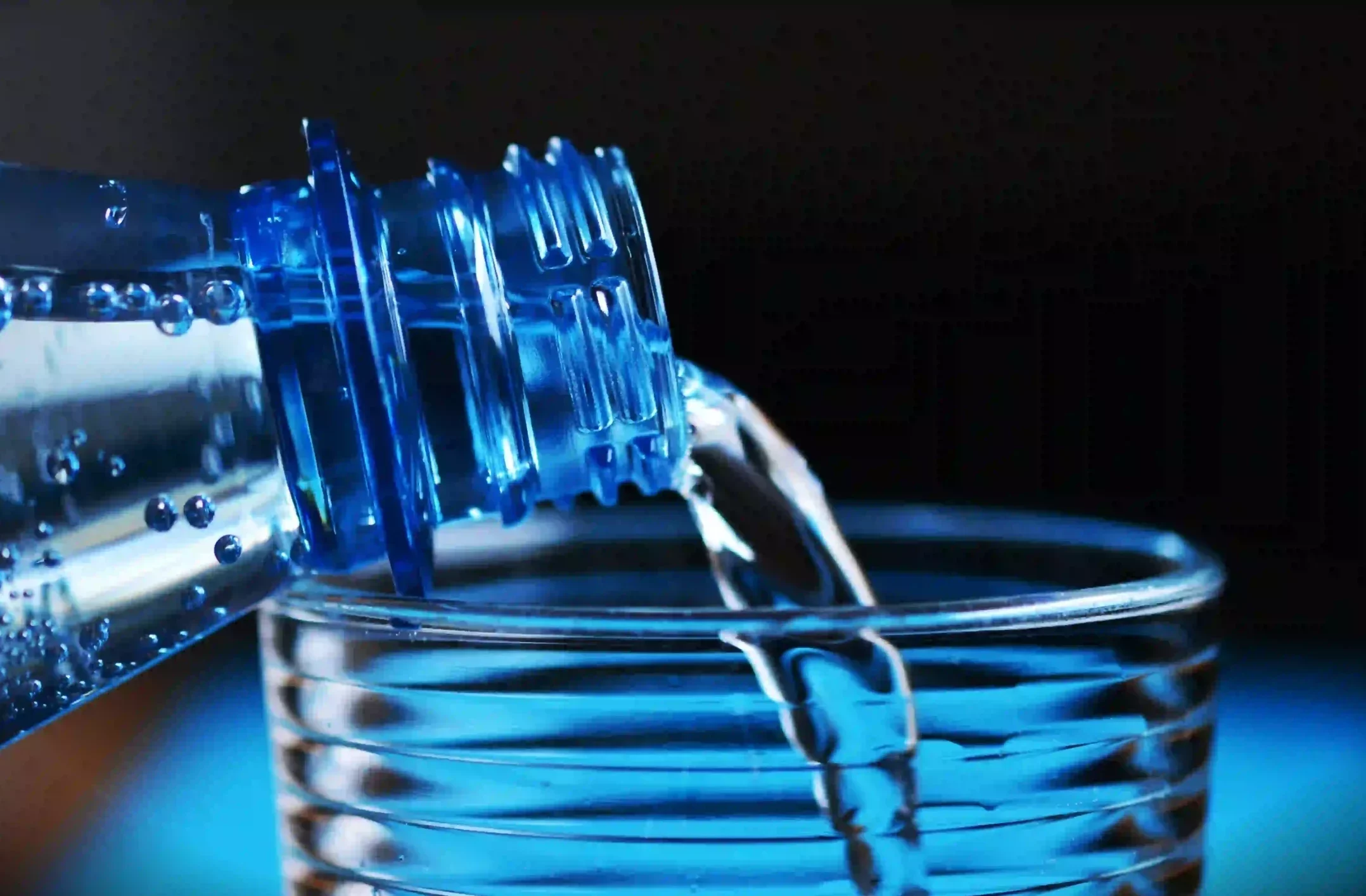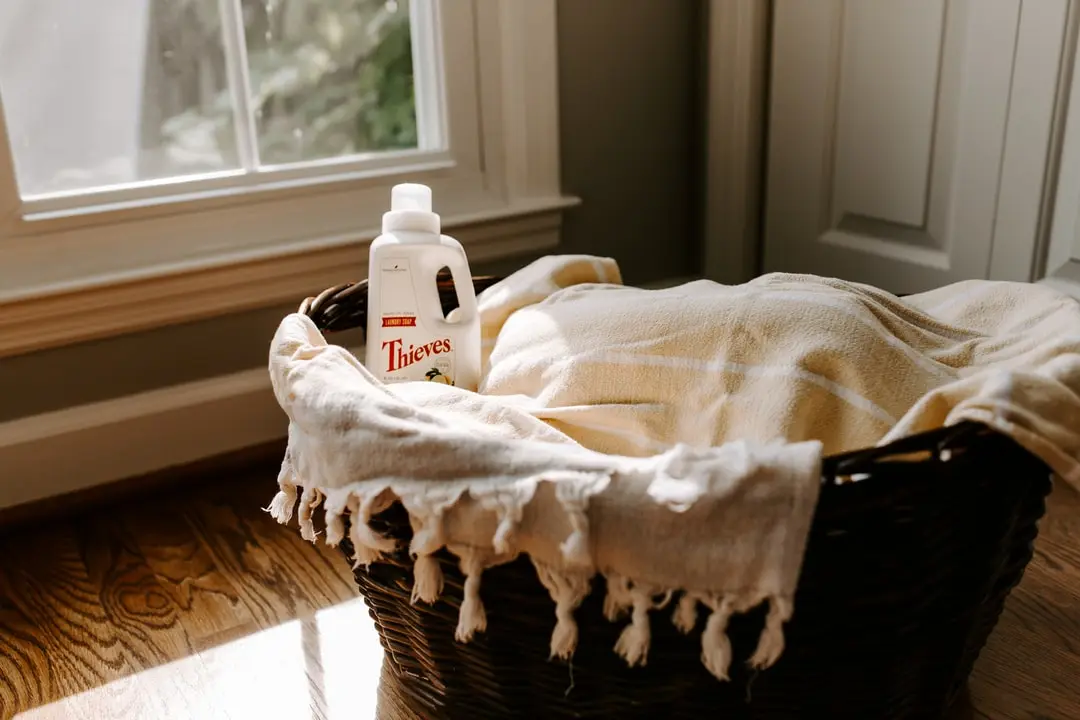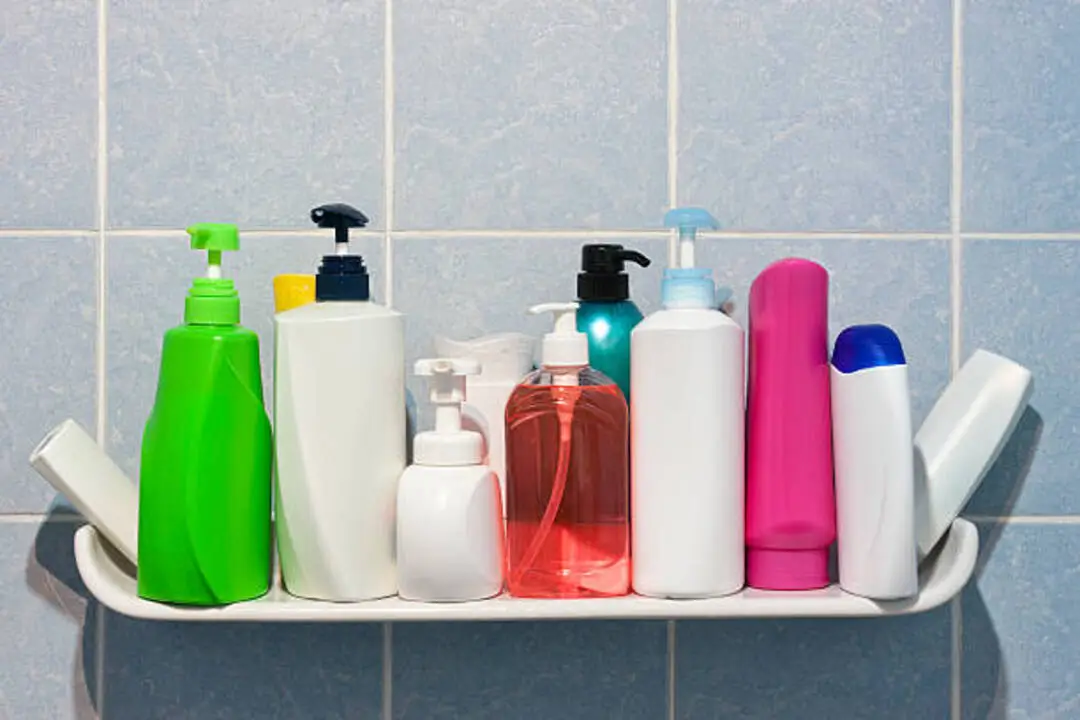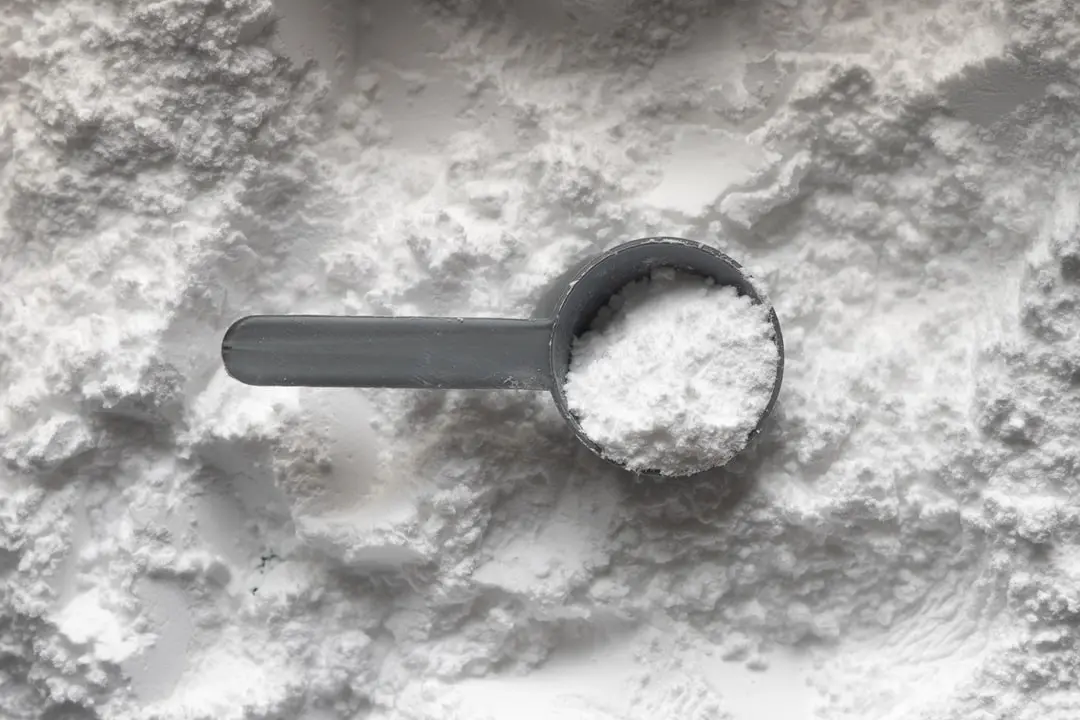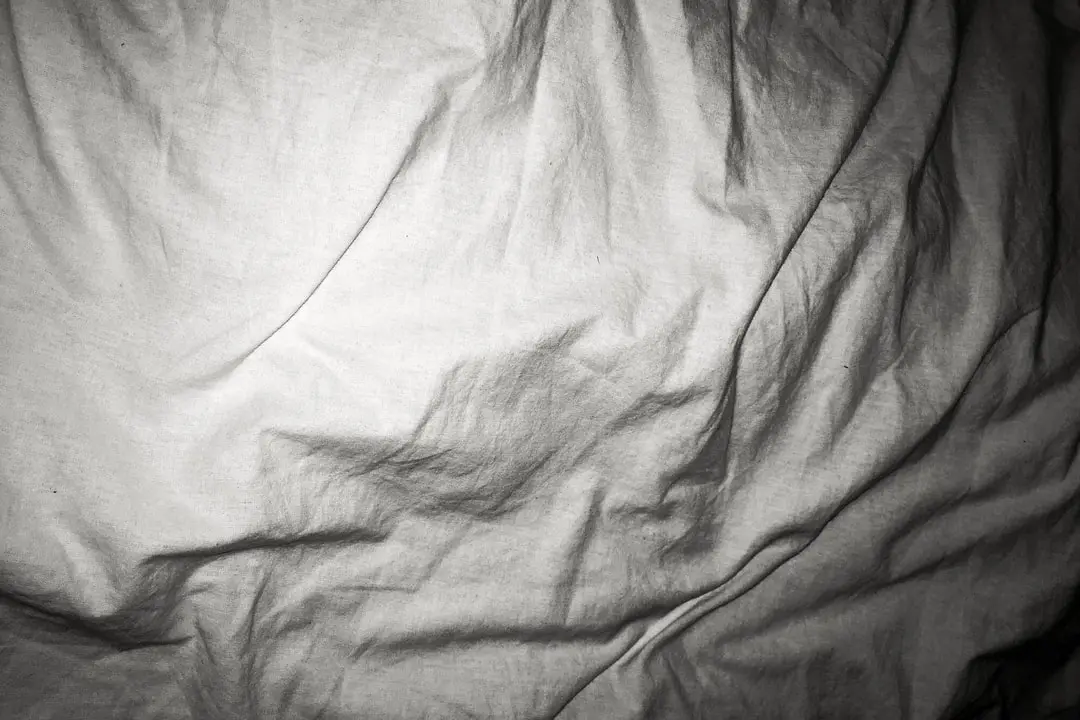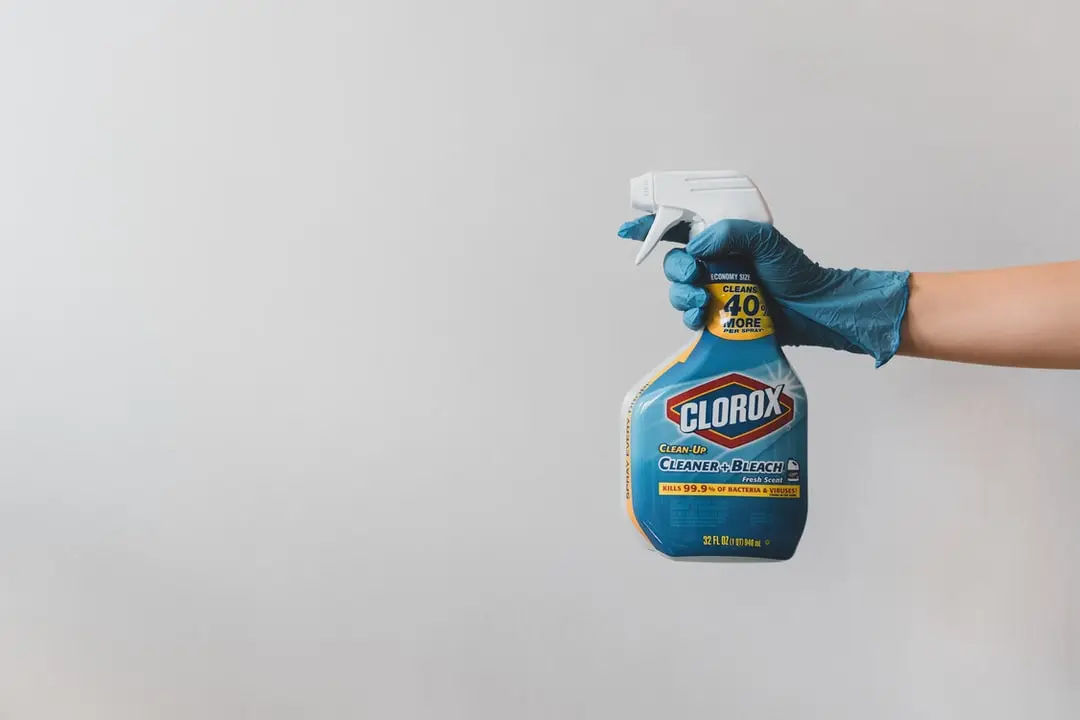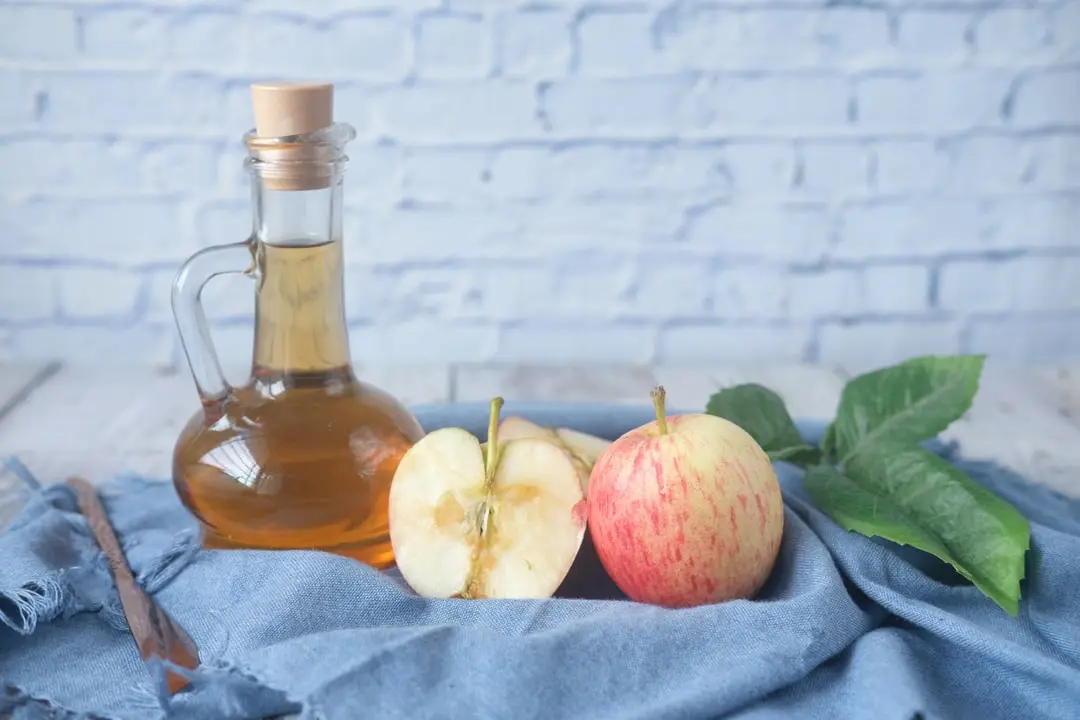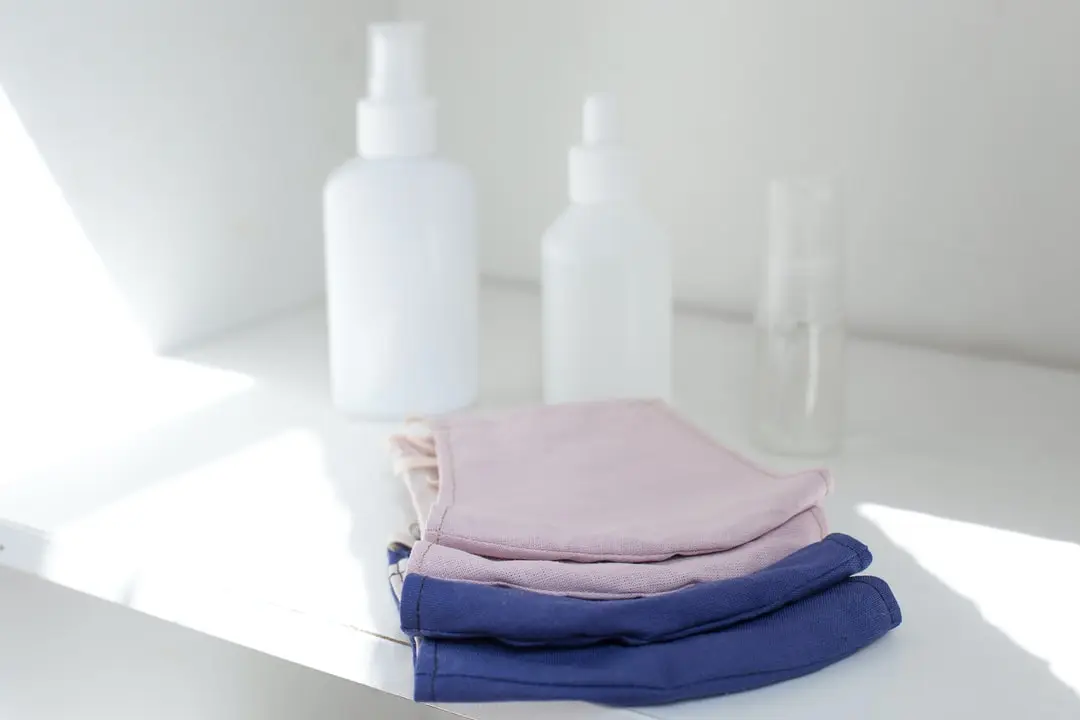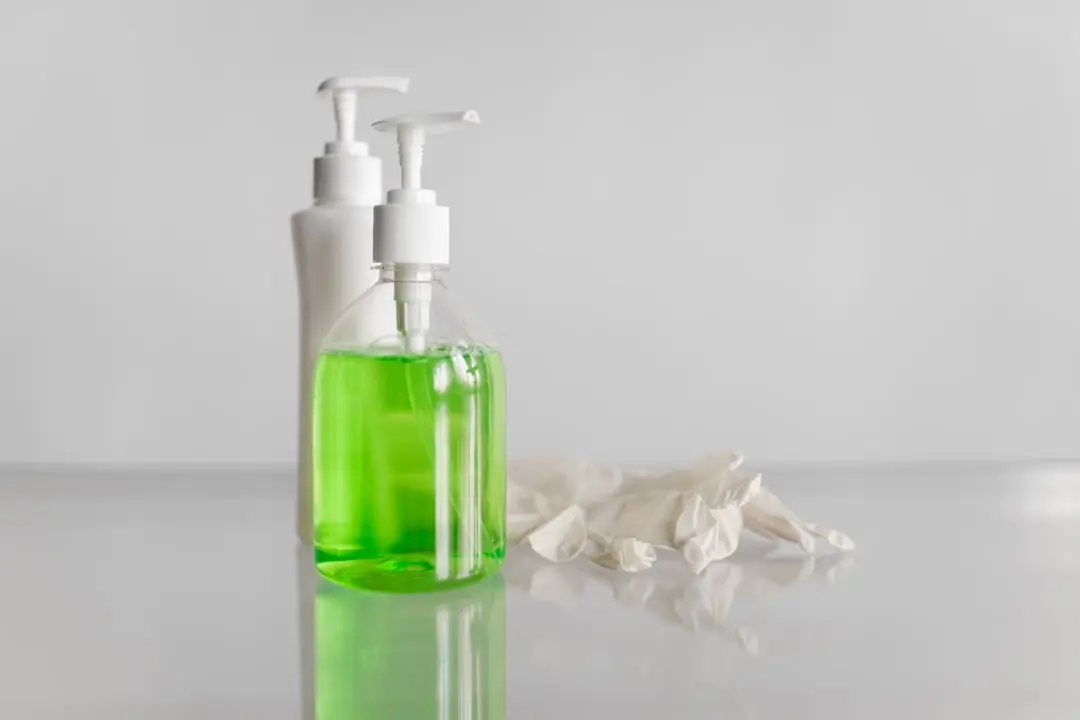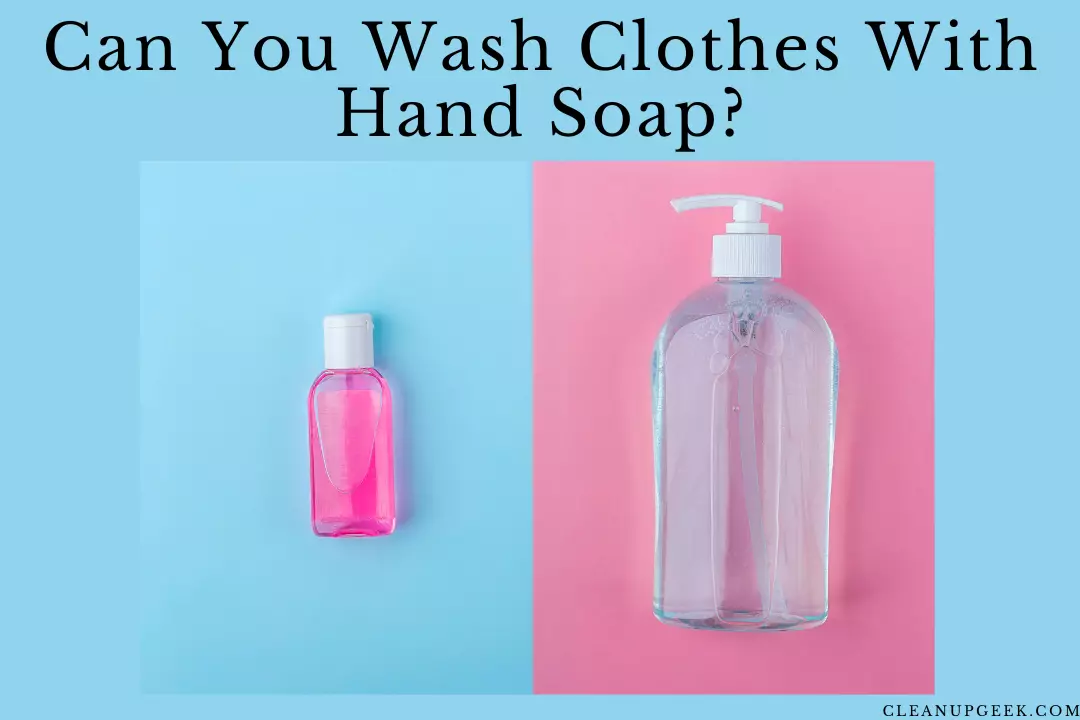Ever wondered what happens to those convenient little laundry pods after they disappear from your washing machine? The truth is, they may be causing more harm to our environment than you think.
This article will shed light on the environmental impact of these seemingly harmless detergent pods, from their toxic ingredients to their contribution to plastic pollution. Curious about how you can make laundry day greener? Read on!
Key Notes
- Laundry pods are harmful to the environment due to their contribution to plastic waste, the release of toxic ingredients, water pollution, and lack of biodegradability.
- The plastic film around laundry pods does not break down easily, leading to a significant amount of plastic waste that can harm the planet.
- Detergent pods contain toxic chemicals that can be released into waterways when they dissolve, posing threats to aquatic life and ecosystems.
- Choosing eco-friendly alternatives like powder or liquid detergent in recyclable packaging, eco-friendly laundry sheets, soap nuts, or DIY laundry soap can help reduce our environmental impact.
What Are Laundry Pods, and How Do They Work?

Laundry pods are small packs of detergent. They come in a water-soluble packet. You put one or two pods in your washing machine with dirty clothes. When you turn the machine on, it uses water to wash your clothes.
The packets dissolve in the water, letting out the soap inside.
This soap cleans dirt and stains from your clothes. Then, once done, you rinse and dry your clothing as usual. Laundry pods make laundry easy since they hold just enough soap for one wash cycle.
What Makes Laundry Pods Bad For The Environment?
Laundry pods can harm the environment in many ways. First, they are not kind to nature because they do not break down easily. This means a lot of plastic waste stays in the land and water for years.
Next, the film that covers laundry pods is slow to dissolve. It is made from polyvinyl alcohol (PVA). Even though PVA can dissolve in water, it does not go away fast enough.
Last but not least, laundry pods have harmful chemicals inside them. These chemicals can go into rivers and seas when you wash clothes with these pods. They hurt plants and animals living in these places.
So, we should try to use less harmful options when washing our clothes.
The Environmental Impact of Laundry Pods
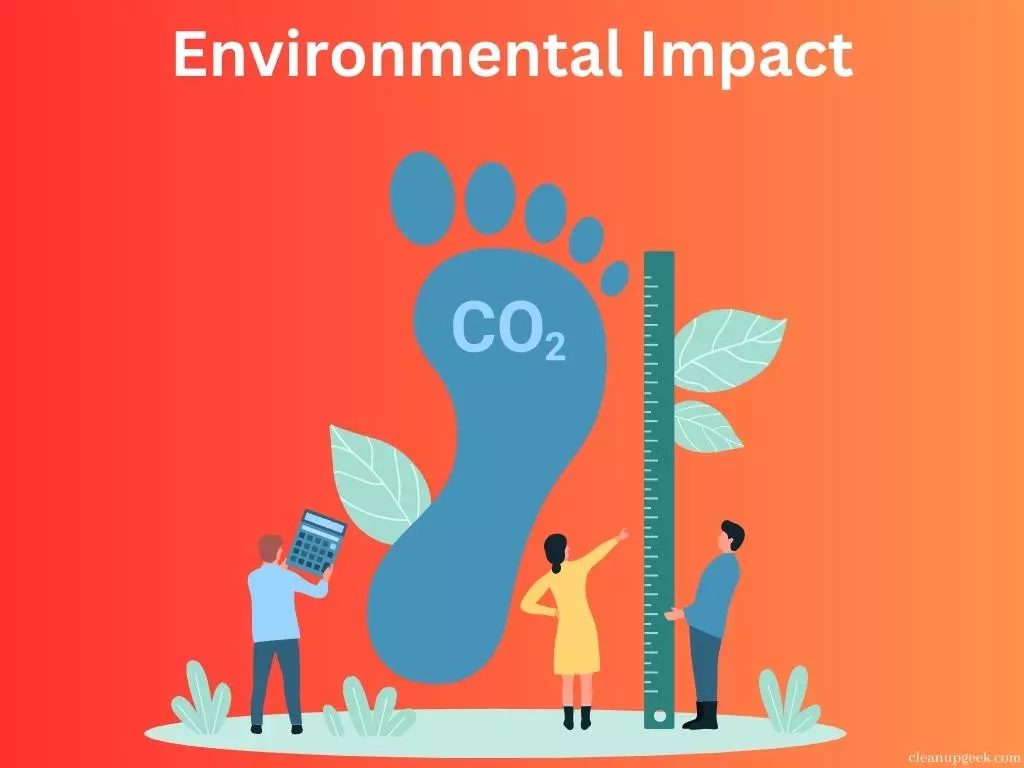
Laundry pods have a significant environmental impact, including plastic waste, the release of toxic ingredients, water pollution, and a lack of biodegradability. Discover how these factors harm the environment and what eco-friendly alternatives you can choose instead.
Read on to find out more.
1. Plastic waste
One big issue with laundry pods is plastic waste. Around 75% of the plastic from these pods can end up hurting our planet. This happens when the outer shells of pods, made of polyvinyl alcohol (PVA), do not break down as they should.
Even though they’re said to be recyclable, it’s often not the case in reality. Using these detergent pods adds more plastic garbage to our world. This large amount of plastic waste from laundry pods poses a huge problem for the health of our environment.
2. Release of toxic ingredients
Detergent pods contain harmful chemicals that can be released into the environment when they dissolve in water. These toxic ingredients, such as heavy metals and hydrogen peroxide, can have negative effects on the environment and pose a threat to human health.
The film around detergent pods, made of polyvinyl alcohol, or PVOH, may not easily biodegrade and can sequester heavy metals, further contributing to their environmental impact. When washed into waterways, these toxins can contribute to aquatic toxicity and have far-reaching consequences for ecosystems and wildlife.
It is important to choose environmentally friendly laundry options that do not release these harmful ingredients into our environment.
3. Water pollution
Detergent residues from laundry pods can contribute to water pollution. When we use laundry pods, the plastic film around them dissolves in the washing machine and releases chemicals into the water.
These chemicals can be harmful to aquatic life and ecosystems. In fact, a study found that up to 75% of plastics from detergent pods end up in the environment, adding to plastic pollution in our oceans and rivers.
This can have serious effects on both human health and the environment. Additionally, some of these pods contain a material called polyvinyl alcohol (PVA), which may break down into microplastics that further contribute to water pollution.
4. Lack of biodegradability
Laundry pods have a big problem when it comes to the environment: they lack biodegradability. This means that the film around the pods does not break down naturally over time.
As a result, up to 75% of the plastics from detergent pods end up in our environment, contributing to plastic pollution.
Some brands may claim that their detergent pods are biodegradable, but research suggests otherwise. For example, the popular brand Tide pods are not biodegradable at all.
These non-biodegradable materials can stay in our ecosystems for a long time, causing harm to wildlife and contributing to environmental damage.
Eco-Friendly Alternatives to Laundry Pods
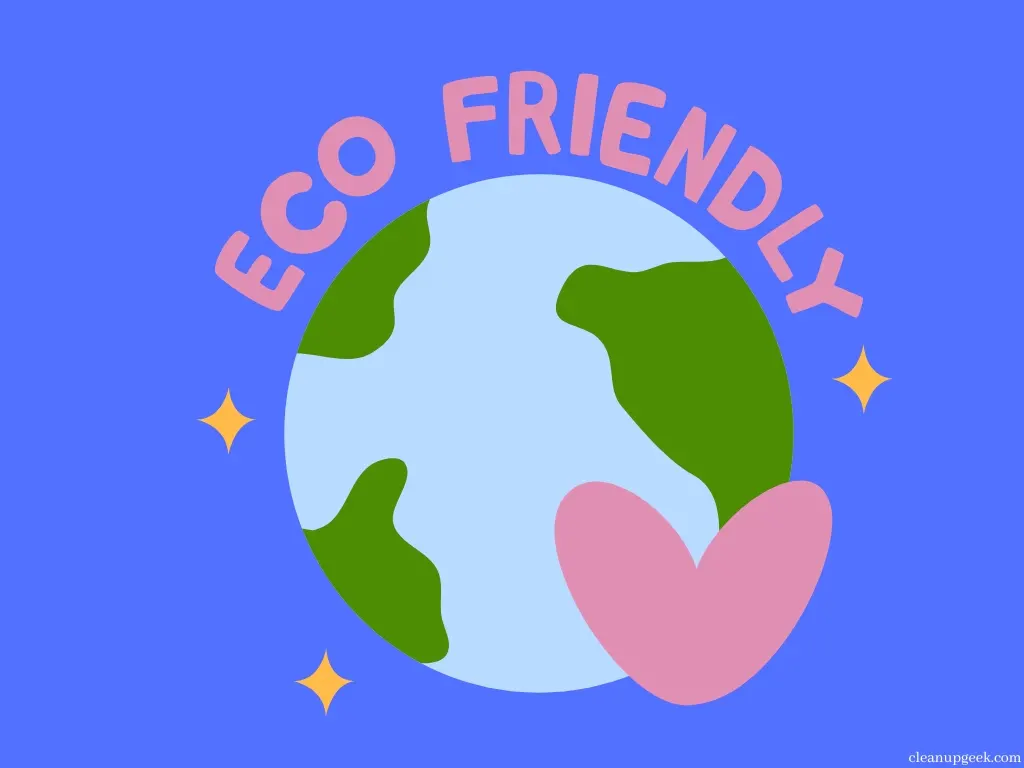
There are several eco-friendly alternatives to laundry pods that can help reduce your environmental impact.
1. Powder Detergent
Powder detergent is an eco-friendly alternative to laundry pods. It comes in a powdered form, making it easy to measure and use for your laundry needs. Powder detergents are often packaged in cardboard boxes, which can be recycled.
They dissolve well in water and do not contribute to plastic waste like laundry pods do. Plus, powder detergents are effective at cleaning clothes and removing stains, just like their pod counterparts.
So if you want to be kinder to the environment while doing your laundry, consider switching to powder detergent.
2. Liquid detergent in recyclable packaging
Liquid detergent in recyclable packaging is an excellent eco-friendly alternative to laundry pods. Unlike pods, which are made of plastic and contribute to plastic waste, liquid detergents come in bottles that can be recycled after use.
This not only reduces the environmental impact but also helps in conserving resources. Moreover, liquid detergents offer versatility as they can be adjusted according to the size of your load or even for handwashing smaller items.
By choosing liquid detergent in recyclable packaging, you can make a more sustainable choice for your laundry needs while also reducing your carbon footprint.
3. Eco-friendly laundry sheets
Eco-friendly laundry sheets are a great alternative to traditional laundry pods. These sheets are made with only four naturally derived and non-toxic ingredients, making them safe for both the environment and your clothes.
One popular brand, Clearalif plastic-free laundry sheets, contains these natural ingredients. So, when you choose eco-friendly laundry sheets, you’re not only taking care of your clothes but also helping to protect the environment by reducing plastic waste and avoiding harmful chemicals.
4. Soap nuts
Soap nuts are a great alternative to laundry pods if you want to be eco-friendly. They are not actually nuts but berries that contain saponin, which is a natural foaming and cleaning agent.
Saponin is 100% natural and biodegradable, so it won’t harm the environment. When you put soap nuts in your washing machine, they release saponin into the water, acting as a natural soap.
This means you can have clean clothes without using harmful chemicals or contributing to plastic waste. Give soap nuts a try and help protect the environment while doing your laundry!
5. DIY laundry soap
Making your own laundry soap is a great way to be eco-friendly while saving money. Here’s how you can do it:
- Grate a bar of natural soap, such as castile or vegetable-based soap.
- Mix the grated soap with washing soda and borax in equal parts.
- Store the mixture in an airtight container.
- Use 1–2 tablespoons of the DIY laundry soap per a load of laundry.
The Importance of Choosing Environmentally Friendly Laundry Options

Choosing environmentally-friendly laundry options is crucial for protecting ecosystems and wildlife, reducing plastic pollution, and promoting sustainable practices.
1. Protecting ecosystems and wildlife
Choosing environmentally-friendly laundry options is not just important for your own well-being, but it also helps protect ecosystems and wildlife. Laundry pods, with their harmful plastic film and toxic ingredients, can contaminate water sources and negatively impact aquatic life.
By opting for biodegradable laundry alternatives that break down quickly without releasing harsh chemicals, you can minimize the pollution of our natural environment. These eco-friendly options are safe for septic systems and do not create microplastics that harm marine animals.
Making conscious choices when it comes to your laundry routine can play a significant role in safeguarding the delicate balance of ecosystems and preserving wildlife habitats.
2. Reducing plastic pollution
To reduce plastic pollution, it is important to choose laundry options that minimize the use of plastic. One way to do this is by opting for detergent products that come in recyclable or plastic-free packaging.
For example, you can look for powder detergents or liquid detergents that are packaged in recyclable containers. Another option is to try eco-friendly laundry sheets or soap nuts, which are natural alternatives that produce less waste.
You can also consider making your own DIY laundry soap using simple ingredients like washing soda and baking soda. By choosing these environmentally-friendly alternatives, you can help decrease the amount of plastic entering our oceans and landfills.
3. Promoting sustainable practices
You can promote sustainable laundry practices to reduce your environmental impact. One way is by choosing eco-friendly alternatives to detergent pods, such as powder or liquid detergent in recyclable packaging, eco-friendly laundry sheets, soap nuts, or DIY laundry soap.
These options are better for the environment because they produce less plastic waste and are often biodegradable. It’s also important to conserve water by using high-efficiency washing machines and only running full loads of laundry.
By making these choices, you can help protect the planet and reduce your carbon footprint.”.
Frequently Asked Questions

1. Are laundry pods harmful to the environment?
Yes, laundry pods can be harmful to the environment because they often contain chemicals that are not easily biodegradable and can pollute waterways.
2. Can I dispose of laundry pods in the regular trash?
No, it is not recommended to dispose of laundry pods in regular trash as they can end up in landfills and contribute to environmental pollution. It’s best to check with your local recycling or waste management facility for proper disposal instructions.
3. Are there eco-friendly alternatives to laundry pods?
Yes, there are eco-friendly alternatives, such as liquid detergents or powdered detergents, that come in recyclable packaging and have less impact on the environment.
4. What are some tips for reducing my environmental impact when doing laundry?
Some tips for reducing your environmental impact when doing laundry include using cold water whenever possible, washing full loads instead of small ones, air drying clothes instead of using a dryer, and opting for environmentally friendly detergent options.
Conclusion and final thoughts 💭
In conclusion, laundry pods are harmful to the environment. They contribute to plastic waste, release toxic ingredients, and pollute water.
It is important to choose eco-friendly alternatives like powder or liquid detergent in recyclable packaging, as well as soap nuts or DIY laundry soap.
By making these choices, we can protect ecosystems, reduce plastic pollution, and promote sustainable practices for a healthier planet.
